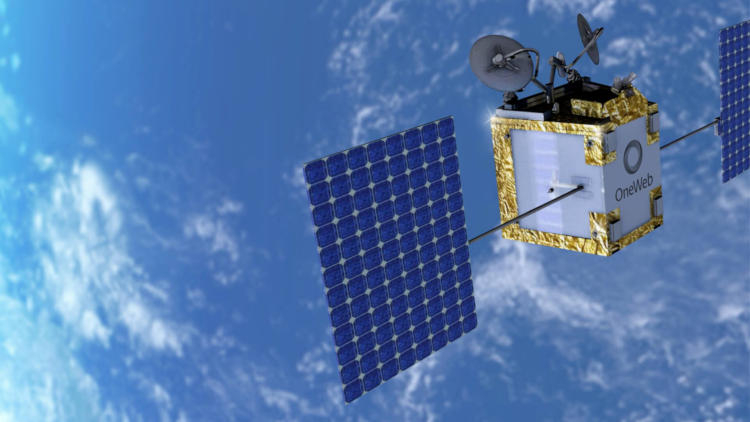
After the cooperation with Roscosmos ended, the British satellite operator OneWeb began to look for alternative ways to launch the remaining 220 satellites. American, European, Indian and Japanese missiles are considered alternatives.
Image Source: oneweb.net
OneWeb, a part of which is owned by the British government, has put 428 of the planned 648 satellites into orbit. They were launched by the French operator Arianespace using Russian Soyuz rockets, in total, the contract provided for 19 launches. So far 13 rockets have been launched on Soyuz as part of the project, with the next 5 August forming the group so that the company can begin providing services around the world. The sixth Soyuz mission will provide the company with reserves.
However, due to Ukrainian events, the plans were not destined to come true: preparations for a launch scheduled for 5 March were put on hold when Roscosmos boss Dmitry Rogozin sought assurances from OneWeb that the satellites would not be used. for military purposes, and the British government would give up proprietary companies. On March 2, OneWeb called its employees to Baikonur, and the next day, the company’s board of directors voted to suspend all launches from the cosmodrome in Kazakhstan.
At the moment, the company began to explore alternatives to Russian missiles. “We are looking at American, Japanese and Indian options. Although we await a response from Ariane at first, they still have several releases for us”, commented Chris McLaughlin, OneWeb’s head of government relations, about the situation. Operator Arianespace has so far refrained from commenting.
On 4 March, Arianespace announced the suspension of all Soyuz launches by Arianespace and the French-Russian joint venture StarSEM. The company is currently “in close contact with the French and European authorities to better assess all the consequences of this situation and to develop alternative solutions”.



